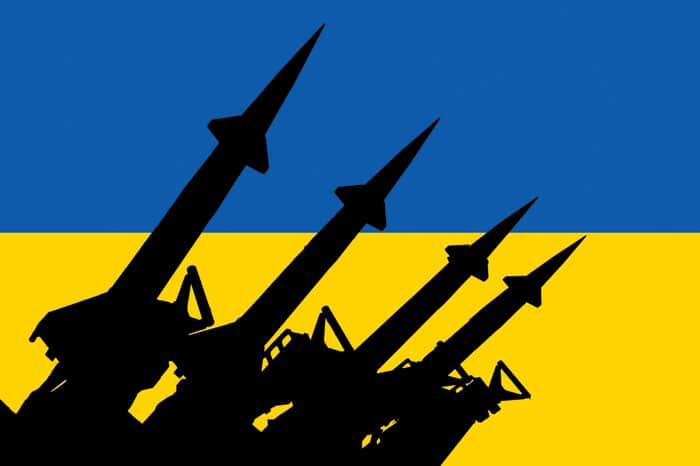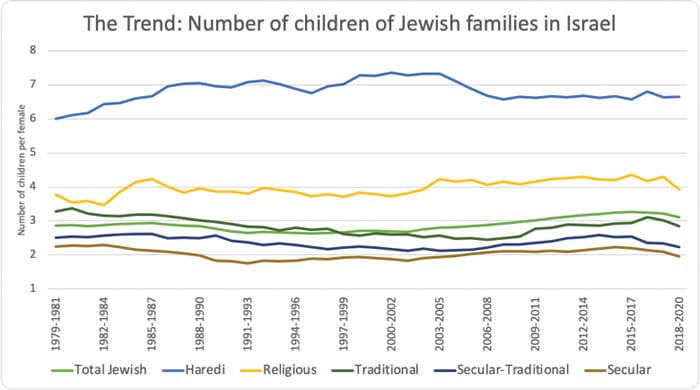 Anton Petrus/Getty Images
Anton Petrus/Getty Images 1. This is a sad truth about the human condition in general, and the political arena is no exception: Ultimately, we are all alone. When the Chinese took over Hong Kong, and decided to do with it as they pleased, Hong Kong was left alone to meet its fate. When the Russians conquered Crimea, and renewed their rule over it, the people of Crimea were left alone to meet their new ruler. States act to safeguard their interests, and in the absence of a very strong reason, or a rare possibility of action that has no price, they do not tend to participate in the fights of others.
You may ask: So why did the West act in Yugoslavia in the 1990s? The answer is simple: because it was possible to act without paying any price, to both feel righteous and come out without a scratch.
You may ask: So why does the West not act the same way in Ukraine? The answer is simple: because in this case the cost of action will be high, whereas the cost of loss seems lower. That is – the cost of a loss will be high for the Ukrainians, but low for the French, or the Belgians, or the Italians. Therefore, all these countries will impose severe financial sanctions, but they will not send forces to Ukraine and risk their people’s lives.
You may ask: But what about the lesson of Hitler? Answer: Here, you just lost the argument. The first to say “Hitler” loses an argument. Putin is not Hitler. Putin is much more like the Russian leaders who came before him, from Peter the Great to Nikita Khrushchev.
You may say: But the world has changed since Peter the Great and Nikita Khrushchev! Answer: not as much as you think.
One lesson is clear: small nations must be prepared to fight alone. They must be prepared to shed blood and thus shame the West into supporting them.
2. What is the lesson of Ukraine? One lesson is clear: small nations must be prepared to fight alone. They must be prepared to shed blood and thus shame the West into supporting them. So, the right order of looking at the so-called “world order” is as follows: it is not “the order” that defends weaker countries against the aggressor, it is the sacrifice of weaker countries that defends “the order” against the numbness of its supposed leaders. The unity of the West in imposing crushing sanctions on Russia is a sign that Ukraine’s sacrifice is having an effect.
3. In this age of populists and bureaucrats, can the leadership of one man still change the arc of history? Look at the leaders of the West – Biden, Macron, Johnson, Scholz. Then look at Ukraine’s Zelensky. Can you see the difference? If you can’t find it, here’s a mental exercise: Imagine Vladimir Putin on your doorstep. Imagine a situation in which your nation must face Putin in a deadly battle. Which of these leaders would you choose as your own leader?
Amazingly, and amusingly, would it not be the Jewish comedian?
4. And here’s another mental exercise. I think Americans must engage in such exercises because for most of them the idea of being a weaker nation under threat is so remote they can’t even imagine what it’s like. They can’t imagine a situation in which the barber, the shopkeeper, the lawyer and the comedian must arm and shoot.
So, try this: You are not an American living securely in Los Angeles, you are now the leader of Poland, or Hungary, or Slovakia, and the Russians might soon have their army on your Western border. The only deterrence that you have against these forces is your alliance with the other members of NATO, Joe Biden’s America included.
Do you feel safe? Do you stand firm against Putin and Russia, or look for a conciliatory policy that would make it easier to coexist calmly alongside this restless brutal giant?
5. Consider three possible scenarios:
The first: The sanctions lead Russia to a retreat and allow Ukraine to exist in a state of independence like its pre-war independence.
The second: A compromise is reached, the Russians leave Ukraine, but in practice the country becomes much more attuned to the whims of Moscow.
Third: The Russians occupy Ukraine and remain in control.
If you bet on the first scenario, it means Putin made the mistake of overreach. If you bet on the second or third scenario, it means Putin has achieved his goal, at least in part. Are you willing to take a one-in-three chance?
6. The headline says: lessons for Israel. So where are the lessons for Israel?
Answer: We’ll find them soon enough.
Something I wrote in Hebrew
Israel has refused to recognize the Turkish massacre of Armenians for decades. It was a moral disgrace and a political necessity. Israel has decided to discuss payments to Holocaust survivors with the Germans. This too was a moral disgrace and a political necessity. Israel is a small country, whose leadership has one and only one important role. To ensure Israel’s safety and future. All other considerations are secondary, including “being on the right side of history.” It is less important to feel good when looking in the mirror. It is more important to survive. If we agree on this thing, everything else, including Israel’s position on the Russia-Ukraine question, is derived from it.
A week’s numbers

A reader’s response:
Israel has refused to recognize the Turkish massacre of Armenians for decades. It was a moral disgrace and a political necessity. Israel has decided to discuss payments to Holocaust survivors with the Germans. This too was a moral disgrace and a political necessity. Israel is a small country, whose leadership has one and only one important role. To ensure Israel’s safety and future. All other considerations are secondary, including “being on the right side of history.” It is less important to feel good when looking in the mirror. It is more important to survive. If we agree on this thing, everything else, including Israel’s position on the Russia-Ukraine question, is derived from it.
Shmuel Rosner is senior political editor. For more analysis of Israeli and international politics, visit Rosner’s Domain at jewishjournal.com/rosnersdomain.























 More news and opinions than at a Shabbat dinner, right in your inbox.
More news and opinions than at a Shabbat dinner, right in your inbox.